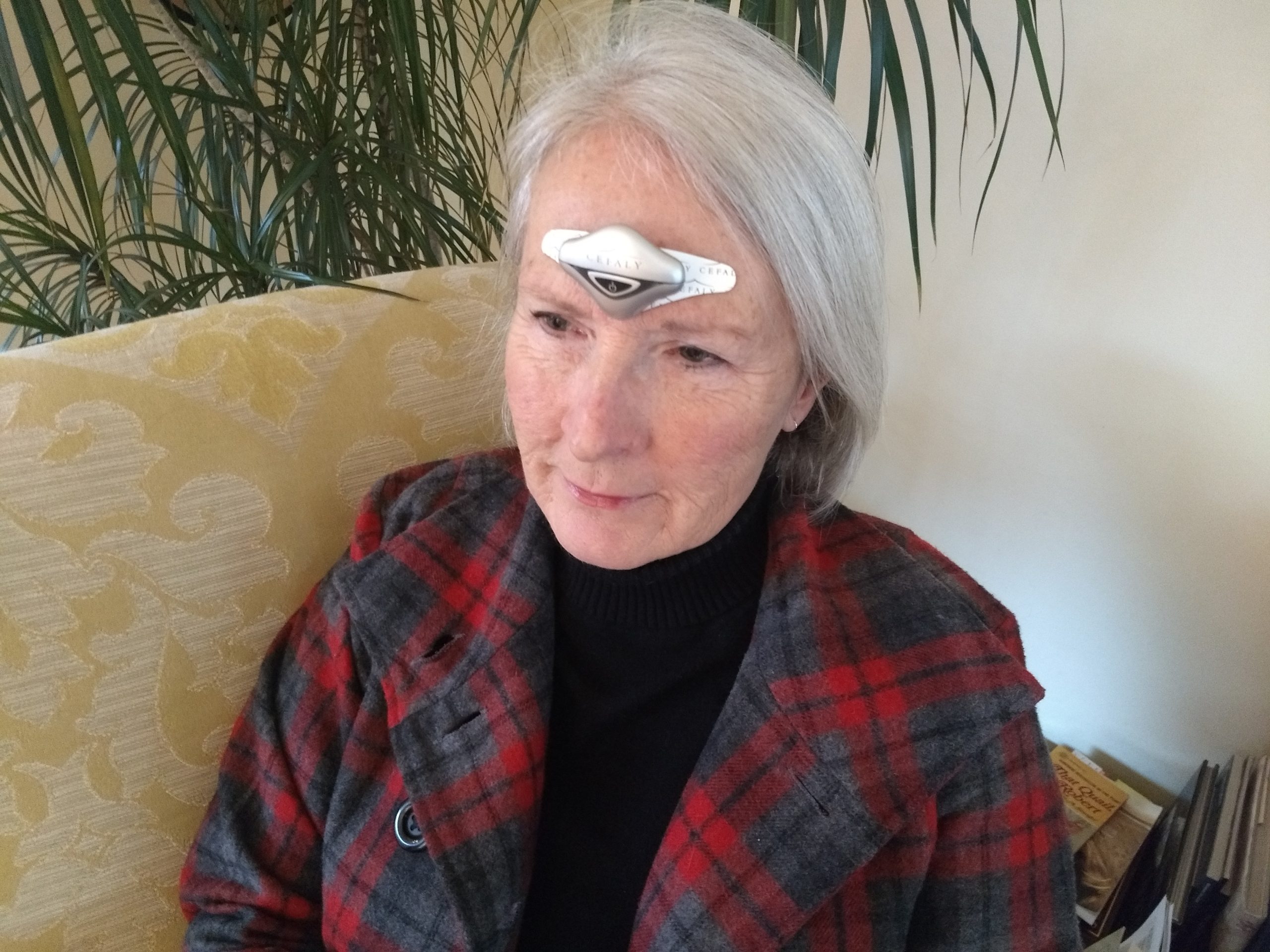Migraine can feel like a lonely battle. It’s just you vs. the pain; you vs. your brain.
But migraine can affect relationships with significant others and children as well. It’s hard to miss out on holidays and everyday life because you’re feeling sick. It’s also hard to shoulder all caregiving and household responsibilities when your partner’s out of commission. But with love, compassion and communication, families can lessen the burden of migraine.
How migraine affects spouses and partners
In the major Chronic Migraine Epidemiology and Outcomes (CaMEO) study, approximately 17 to 18 percent of respondents said migraine headaches had contributed to relationship problems. It’s not surprising! Migraine attacks can force you to cancel plans and miss big occasions. They can cause mood swings and irritability. And they can leave your partner feeling helpless, fearful or even resentful. So what’s the secret to maintaining a romantic relationship when you have migraine?
Honesty and communication go a long way. Don’t try to hide or minimize your symptoms. You may want to shield your partner from the worst of what you’re experiencing, but it’s important to let them know what you’re going through. Share some specific ways your partner can help you, but also explain that migraine is something you have to manage on your own — no one can take away the pain. Let your partner know that you appreciate them, and that you understand migraine is affecting their life too.
If you’re struggling because your spouse or partner has migraine, just remember this rule: Comfort in, dump out. Also known as “ring theory,” this means that your job is to comfort the person experiencing the pain (your partner) and then find other people, such as a friend or therapist, who can listen to you vent. Your challenges are valid, too; but your loved one with migraine is not the best person to hear your complaints.
Read more: Dos and Don’ts for Supporting a Loved One With Migraine
How migraine affects your children
Migraine attacks often steal precious family time. You might miss birthdays, soccer games, school concerts and more. People wonder: What’s wrong with you? Why aren’t you there?
Don’t worry too much about what other people think. Instead, focus on explaining migraine to your children in an age-appropriate way, which includes:
- Talking about symptoms and how you feel during an attack
- Reassuring them that a migraine attack is temporary and that you’ll be OK afterward
- Empowering them to help you in small ways, such as bringing you some ice water or lowering the blinds
- Discussing how routines may change during an attack; for example, a grandparent or babysitter may come watch them.
There may be a silver lining for children who have a parent with migraine: From an early age, they learn self-reliance, empathy and compassion for people who have invisible disabilities.
How migraine affects your family
In the CaMEO study, significant percentages of people with migraine reported impacts on their family life. One-on-one time with their spouses was disrupted, they had to bow out of family activities and important celebrations, and housework had to be redistributed. Because of these challenges, many people with migraine feel guilty, sad or anxious about the effects on their family.
“Migraine, and especially [chronic migraine], is a debilitating chronic disease that can affect many aspects of family life, including roles, responsibilities, relationships, and communication,” the CaMEO researchers found. “The results highlight the importance of assessing, documenting, and treating the impact that migraine has on the entire family.” There are effective treatments to lessen this burden, they say, including cognitive-behavioral therapy, family therapy, and psychiatric care.
When migraine strains family relationships, don’t try to hide it or simply hope things will get better. The best approach is head-on. Talk to your partner, talk to your children, and talk to your healthcare provider about new ways to treat and prevent migraine — like neuromodulation with CEFALY.
Learn more about CEFALY: a clinically proven, drug-free treatment for migraine.
90-day money back guarantee FDA-cleared financing availableGet Drug-Free Migraine Relief With CEFALY
Shop Now















